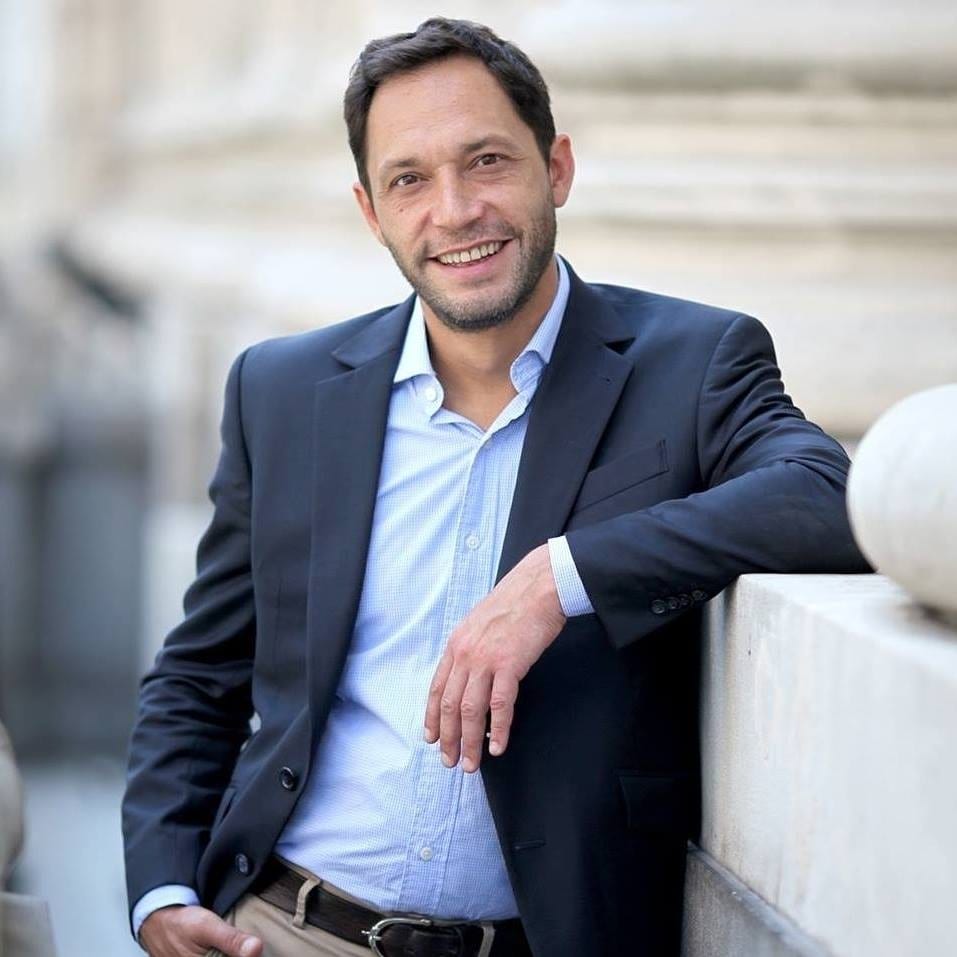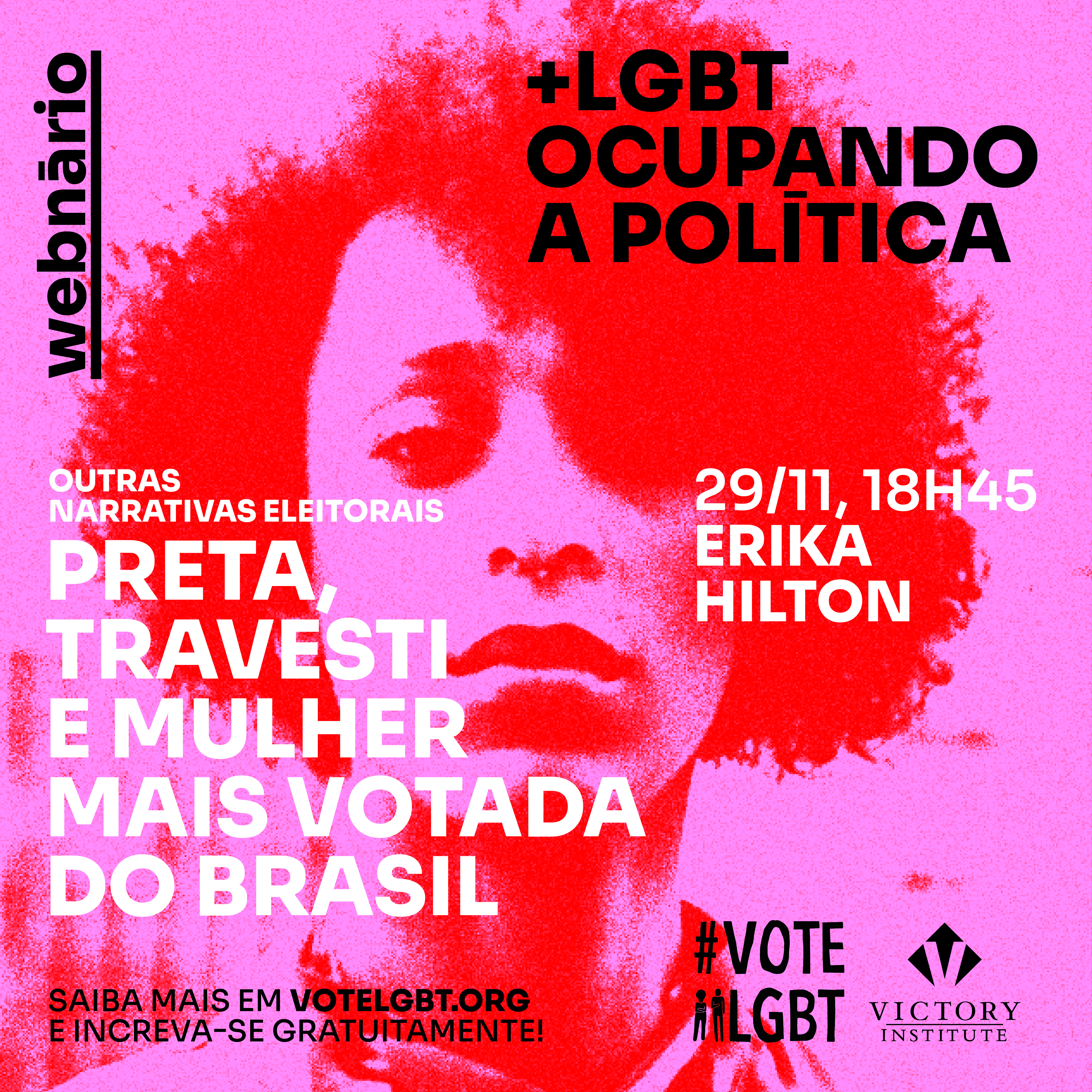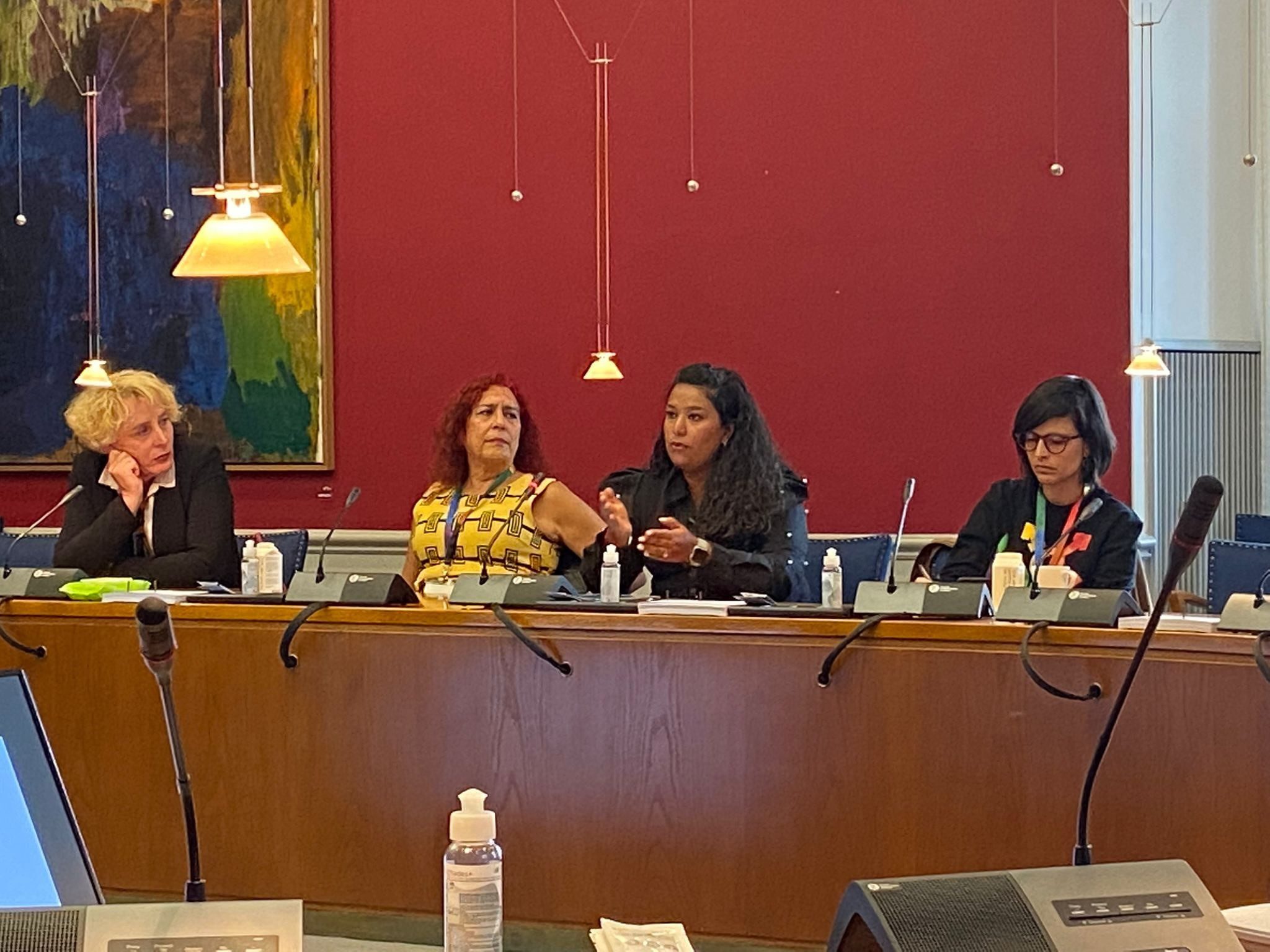
After two terms as legislator in Buenos Aires, Maximiliano Ferrara was elected to the National Congress of Argentina. Victory Institute interviewed him about his first months in office and the inspiration behind his campaign.
Following 25 years of involvement in politics behind the scenes, participating in the creation of a party, and working as an advisor to legislators in office, he decided to run himself. In 2011, he was elected as a Buenos Aires legislator for the first time. Reelected in 2015, he then set his sights on national politics.
Those eight years as a local legislator were full of growth and learning from all the good and bad experiences. For Ferrara, the most important thing was to understand that the bills he presented will become laws, and they will impact all the citizens if approved. In his words, “It is not only necessary to get the law you thought “passed.” You also have to know how to build it with as many alliances as possible because that will determine that the law represents the greatest number of voices and thoughts.” This experience is now essential to achieve his work as a national Congressman. About his work advancing LGBTQ rights, he told Victory, “Specifically on the subject of LGTBI public policies, I am proud to have thought and drafted laws that were later approved unanimously.”
When Victory asked Congressman Ferrara about the support he received from his party as a candidate, he explained that as in any political party, with a diverse set of ideas and people, he went through good and bad times, but everything was discussed internally and democratically. He said that the most important was to be true to himself in those discussions “As for my profile as a visible gay candidate and also a defender of the law for Legal Abortion in Argentina, my party and the coalition for which I came, knew perfectly where I was standing and what proposals I am going to carry out from my bench. In the end, my profile, my ideas, and my visibility did not prevent me from getting more than 52% of the votes during the election.”
Ferrara reminded us that this victory is possible in a significant part thanks to the work and the LGBTQ movement’s tenacity in Argentina. He said that events like the LGBTI Political Leadership Conference organized by Victory Institute and its allies in Latin America allowed him to strengthen ties with many other LGBTQ elected officials and learn from their experience “The possibility of sitting down to work in a network, to discuss common issues, to understand and recognize each other and think together how we face the great battles that lie ahead.”
Victory Institute works in several countries to train leaders like Ferrara on running successfully as LGBTQ candidates, building networks so LGBTQ individuals and elected officials do not feel isolated in their countries.

